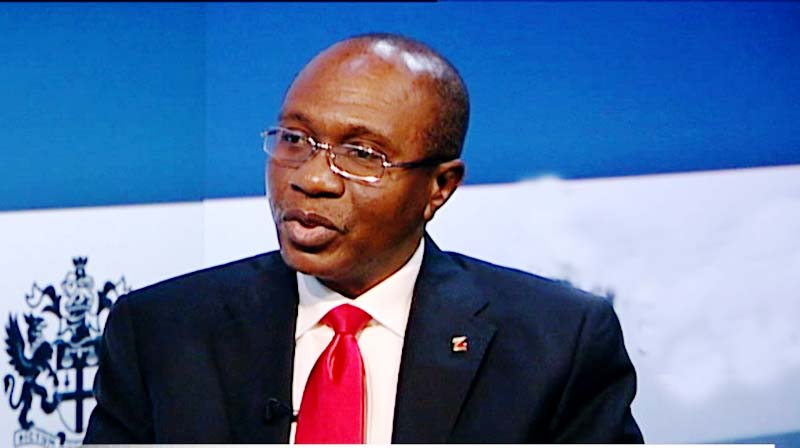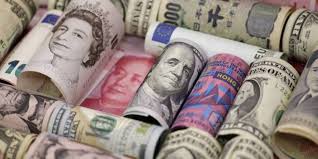Players in the retail segment of the Nigerian interbank foreign exchange (forex) market received a $306.3 million boost from the Central Bank of Nigeria (CBN) recently following bids received from forex dealers by the Bank.
The central bank at the weekend had indicated that the deals in the retail window represent requests from the various sectors in the Secondary Market Intervention Sales (SMIS), thereby providing a boost to the respective sectors.
The Acting Director, Corporate Communications Department, Mr. Isaac Okorafor, revealed that the CBN would continue to increase liquidity based on genuine demands in the market to enhance forex stability.
He reminded Nigerians that the CBN had kept faith with its resolve to sustain liquidity in the forex market and that the Bank had ensured that pressures on the market were removed by its continuous interventions.
But the naira exchanged at an average of N364 to a dollar on the Bureau de Change (BDC) segment at major trading points in Lagos, Abuja, Port-Harcourt and Kano.
ALSO SEE: Seven Energy in trouble over $445 million loan default
While receiving his Forbes’ 2017 ‘Best of Africa Achievement’ award in Washington DC last week, CBN Governor, Mr. Godwin Emefiele, disclosed that in the past six months, Nigeria has seen about $10 billion in inflows through the Investors’ and Exporters’ (I & E) window.
He commended foreign investors for showing the confidence in Nigeria once again.
“But I think all this also is because President Muhammadu Buhari has always said that: we had unfortunately been hit by this exogenous shock and it had resulted in inflation and plummeting in reserves, but that we needed at some point to look at the items Nigeria imports into the country.
“Nigeria is a big market no doubt, 180 million people growing at an average population rate of three per cent annually. It is certainly a big market. But then it is important to cast our mind back and begin to ask ourselves: There was a time in Nigeria when we produced everything we were eating.
“We were producing rice, palm oil etc. Nigeria was the highest producer and exporter of palm oil in the world with over 40 per cent market share sometimes in the 60s and 70s. But unfortunately because we found oil, we decided to take things easy. What we are saying is that: the President said we had tested this before, we had done it before, it is not about re-inventing it again,” Emefiele explained.

 Entertainment5 days ago
Entertainment5 days ago
 Comments and Issues1 week ago
Comments and Issues1 week ago
 Comments and Issues1 week ago
Comments and Issues1 week ago
 Health7 days ago
Health7 days ago
 Comments and Issues1 week ago
Comments and Issues1 week ago
 Health3 days ago
Health3 days ago
 Football7 days ago
Football7 days ago
 Football7 days ago
Football7 days ago













